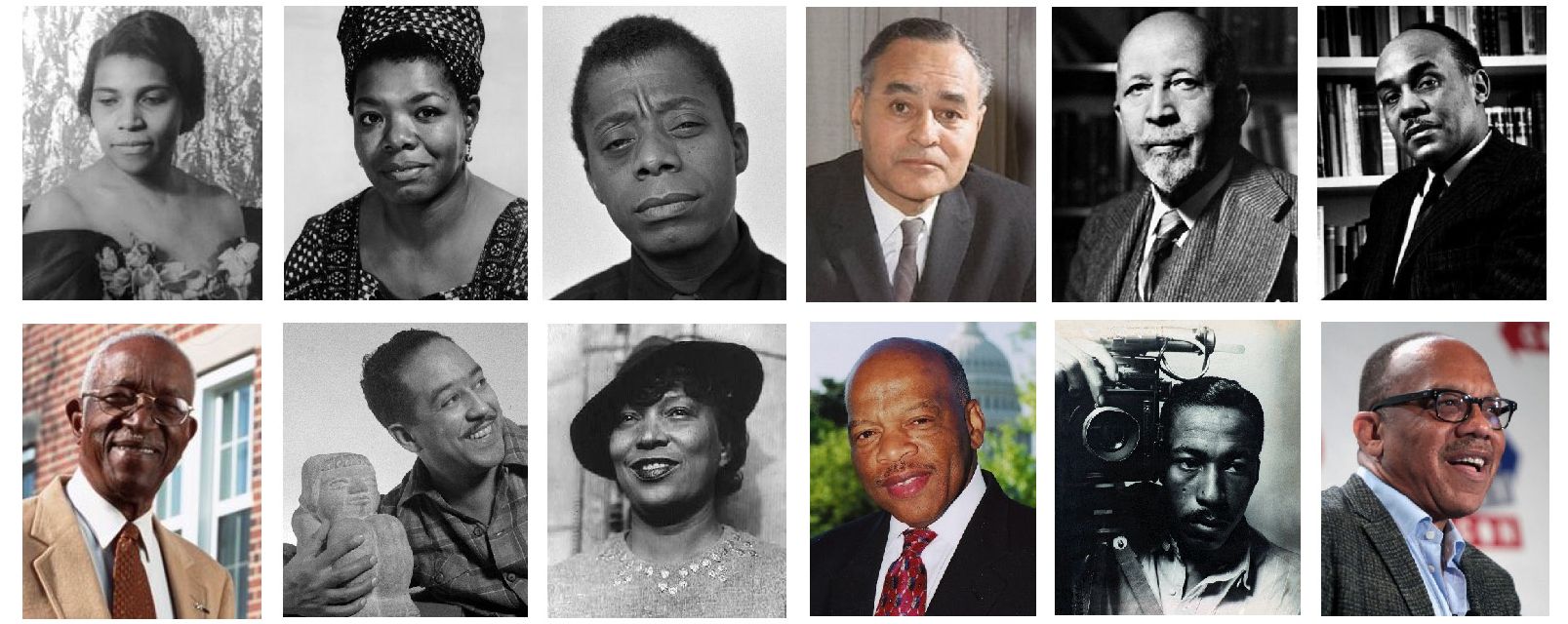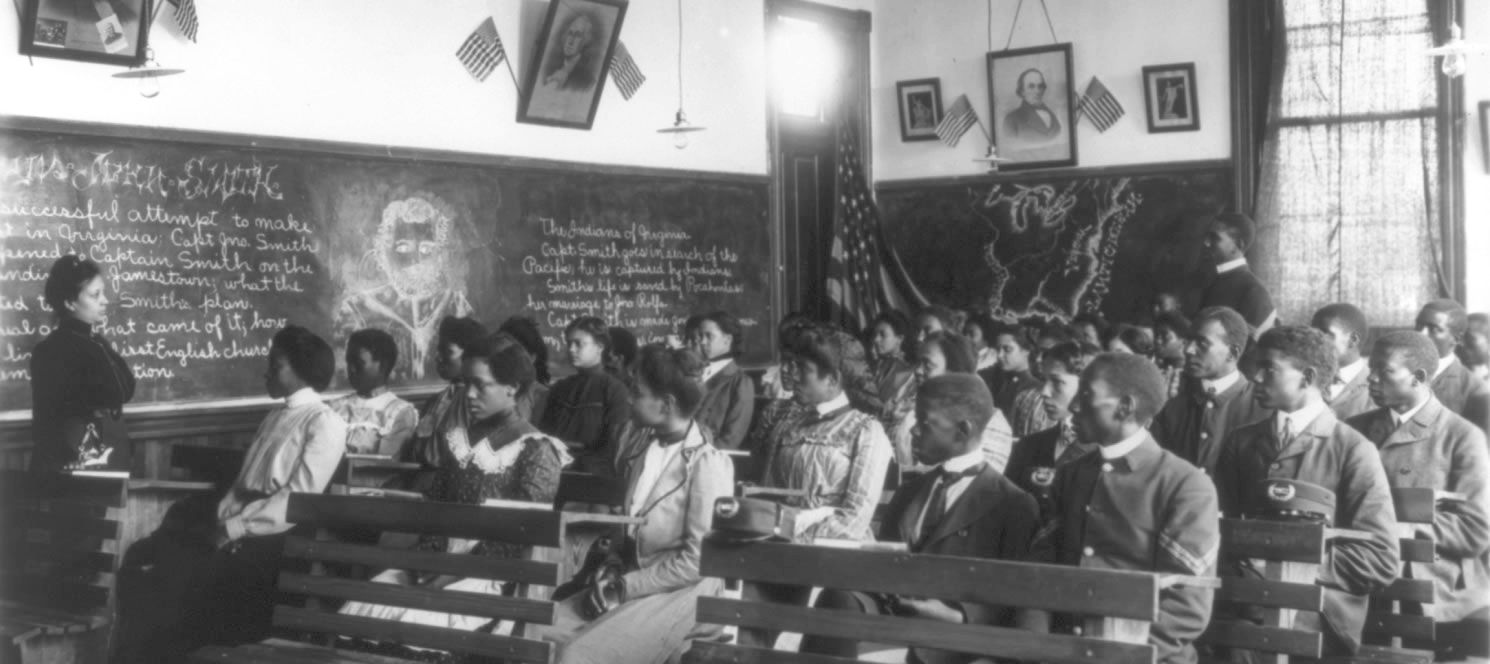Authors:
Historic Era: Era 7: The Emergence of Modern America (1890-1930)
Historic Theme:
Subject:
Winter 2020 | Volume 64, Issue 1


Authors:
Historic Era: Era 7: The Emergence of Modern America (1890-1930)
Historic Theme:
Subject:
Winter 2020 | Volume 64, Issue 1

Booker T. Washington faced a challenge. As president of the Tuskegee Institute and the premier black educator of his day, he had done his best to combat the systemic racism of the Jim Crow South. But there was a constant undercurrent of racial violence, as each year across the region, hundreds of African Americans were lynched or terrorized by the Klu Klux Klan and white mobs. Even as Washington searched for students the Institute, he had trouble finding candidates with the skills and basic education that would qualify them. Elementary education for African-Americans was virtually non-existent in the early 20th Century.
In this climate Washington met Julius Rosenwald, an encounter which would ultimately prove to be one of the most important in the history of education in the U.S. Neither Washington nor Rosenwald could have predicted the profound influence they would have on each other.
Outwardly, Rosenwald and Washington appeared to have nothing in common. Washington was a former slave from the South who never knew his white father, Rosenwald a northerner and child of Jewish immigrants who became incredibly wealthy as president of Sears Roebuck. But they were united in a shared understanding that education was the means to advancement for the underprivileged, and a commitment to making sure blacks in America had a chance to go to school.
Rosenwald was also driven by his personal passion for philanthropy, and through his work he was able to bring to the forefront some of the greatest scholars in American history.

Washington was born into slavery in Virginia in 1856. After the Civil War and emancipation, his stepfather, another former slave, moved the family to West Virginia and forced Washington to work at hard, manual labor despite his desperation